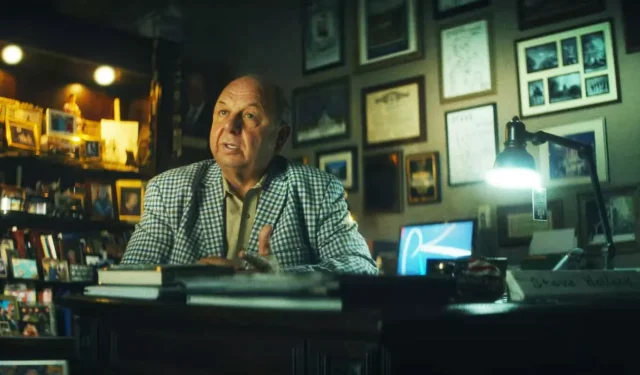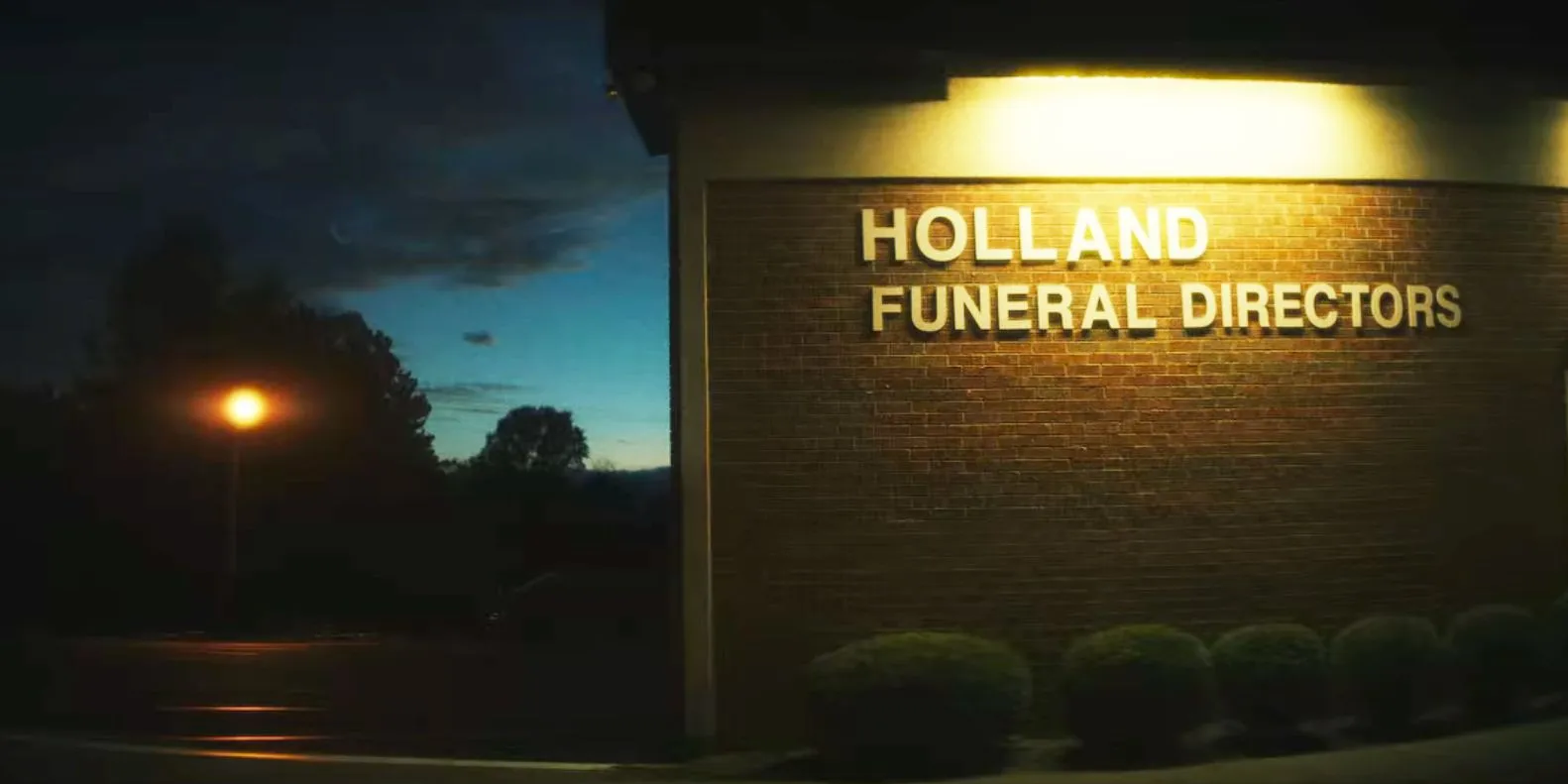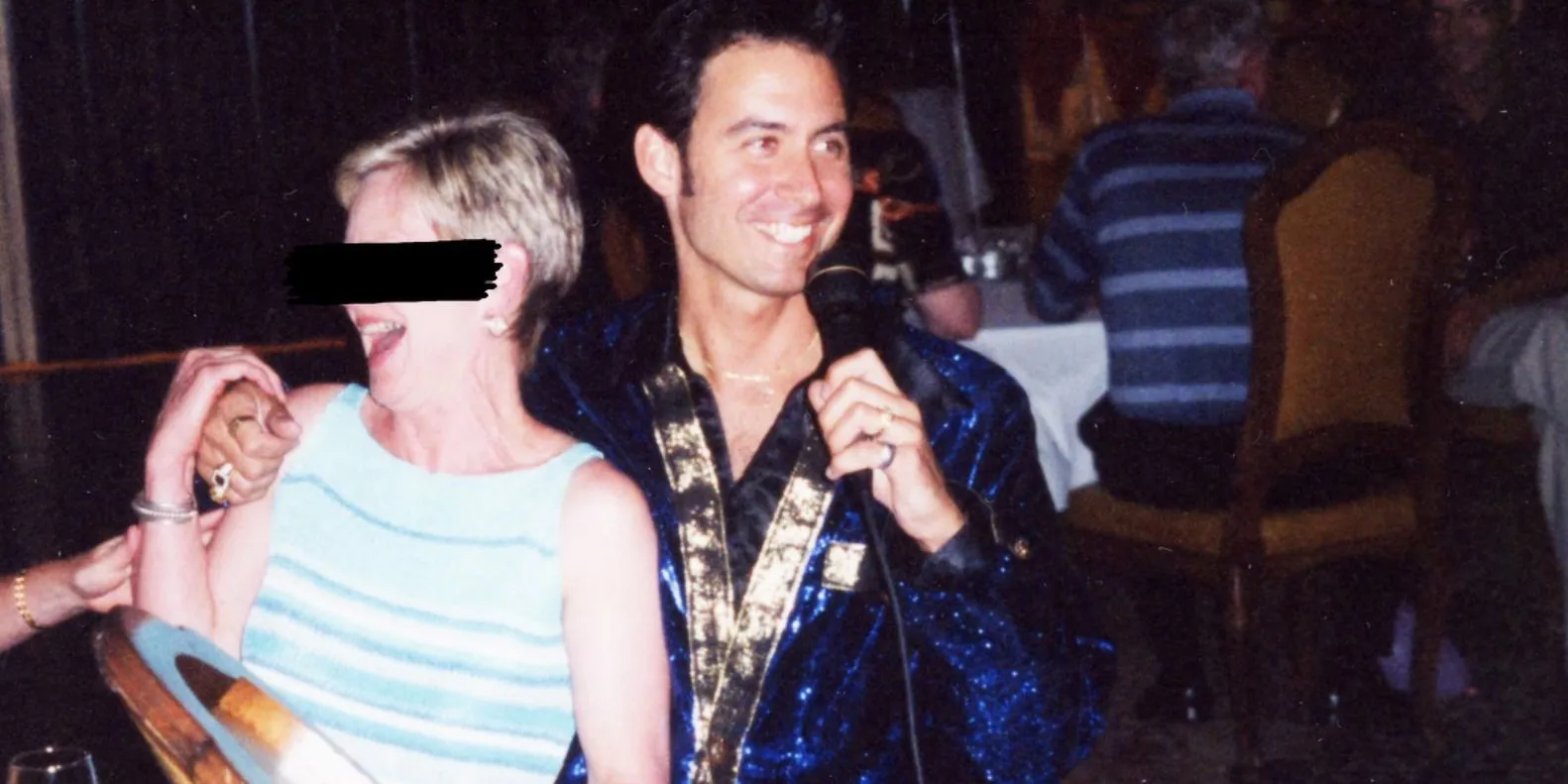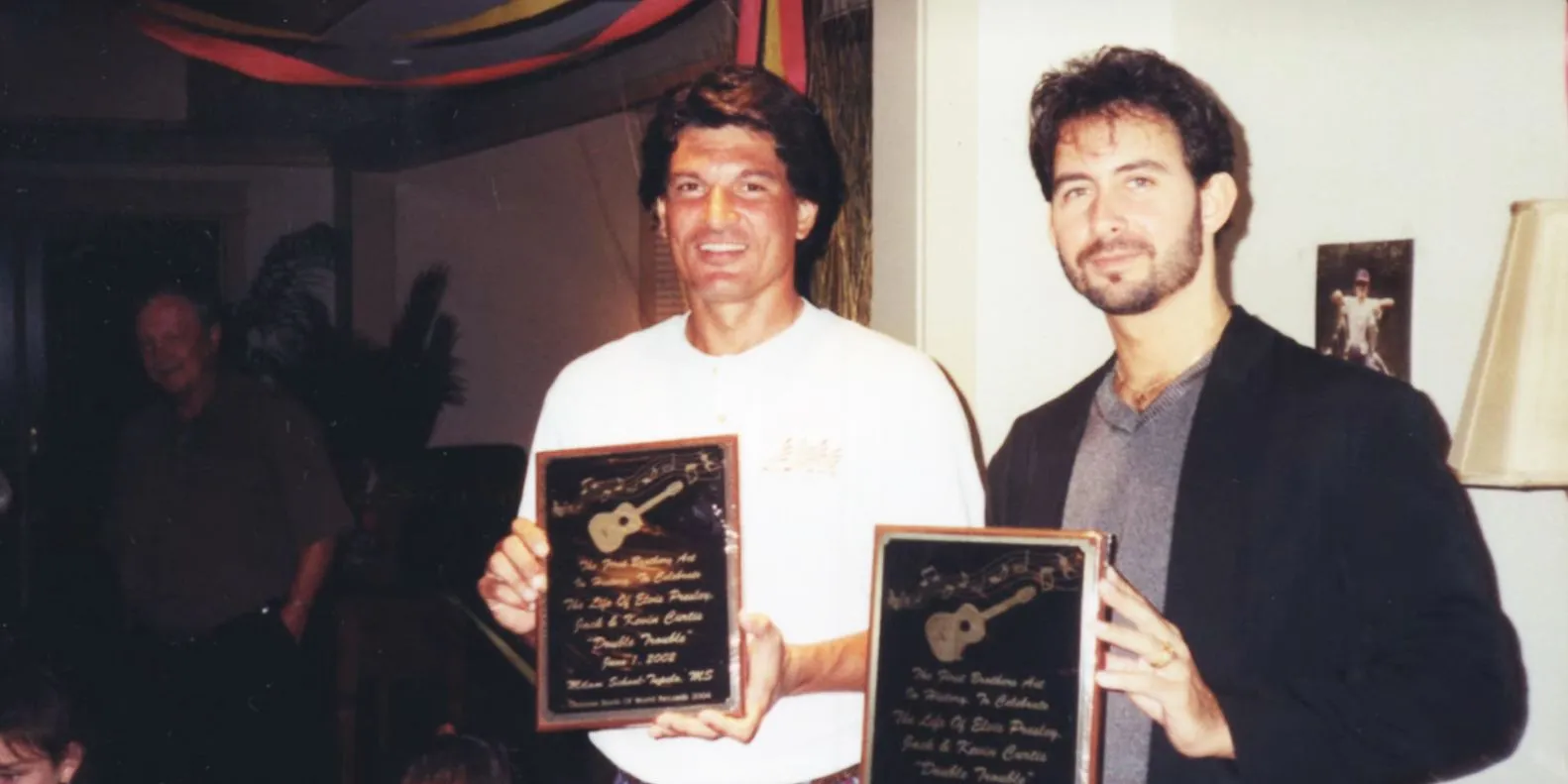
Warning: this article contains spoilers for The Kings of Tupelo.
Netflix’s gripping documentary series, The Kings of Tupelo, delves into an array of bizarre conspiracy theories originating in Tupelo, Mississippi, the birthplace of Elvis Presley. The series centers on Kevin Curtis, charting his journey from an Elvis impersonator to a conspiracy theorist wrongly accused of attempting to poison former President Barack Obama. Through a collection of interviews with various individuals, the series presents conflicting narratives, each shaped by the personal histories of those involved.
Among the colorful individuals featured is Steve Holland, a pivotal character whose insights shed light on the most astounding events of the narrative. Despite not being the primary subject, his contributions provide critical context, particularly as many interviewed present contradicting accounts and openly recount past grievances. By exploring Steve Holland’s background, viewers can better understand his association with the organ conspiracy that unfolds.
Steve Holland: Politician and Funeral Home Director
A Recognizable Figure in the Community

In The Kings of Tupelo, Steve Holland is introduced as a notable politician within the Mississippi House of Representatives. As the son of a judge, Sadie Holland, he holds a significant local legacy, particularly during his exchanges with Kevin Curtis, who famously sought his assistance regarding allegations of illicit organ sales in Tupelo.
The documentary illustrates Holland’s advocacy for organ donation in Mississippi, highlighting a bill he championed. He humorously questions the logic of being implicated in a body parts scandal when he has promoted the critical role of organ donation for medical facilities. Holland’s dual role as a funeral home director adds a layer of complexity to the tale, as he lightheartedly shares his embalming skills, enhancing the story’s surreal atmosphere.
Kevin Curtis’s Accusations Against Holland
Doubt Cast on Holland’s Funeral Homes

Kevin Curtis’s descent into conspiracy theories began when he alleged he witnessed a severed head in a hospital freezer. This claim, which was refuted by the medical center, ultimately led to Curtis’s dismissal from his job. Subsequently, he began writing a book titled “Missing Pieces”and reached out to politicians, including Steve Holland, in an attempt to bring attention to what he perceived as rampant illegal organ trafficking.
As the investigation unfolded, Curtis grew suspicious of Holland’s multiple roles—both as a politician and as a funeral home director. He theorized that Holland could be involved in silencing the truth about organ sales, viewing Holland’s dual positions as beneficial for covering illicit activities. However, Holland has consistently denied these allegations, and despite Curtis identifying legitimate issues in other states, the docuseries finds no substantiated evidence of organ trafficking in Tupelo.
Connections to the Ricin Case Involving James Everett Dutschke
Political Rivalry with James Everett Dutschke

In addition to his connection with Kevin Curtis, the documentary also reveals Steve Holland’s interactions with James Everett Dutschke. Once a mere local politician, Dutschke garnered national attention when he infamously sent ricin-laced letters to several officials, including President Obama. This shocking event linked Holland and Dutschke, as Holland’s mother was among the intended recipients but was fortunately not harmed.
Initially, Dutschke attempted to frame Curtis for the ricin incidents, fueled by their tumultuous history involving personal disputes and accusations. However, the FBI ultimately cleared Curtis of any wrongdoing. Interestingly, Holland and Dutschke had previously competed for a position in the Mississippi House of Representatives, with Holland emerging victorious in 2007. While Dutschke viewed Holland as ineffective, the docuseries suggests that Holland is generally well-respected in Tupelo, making their connection within this narrative all the more surreal.



Leave a Reply